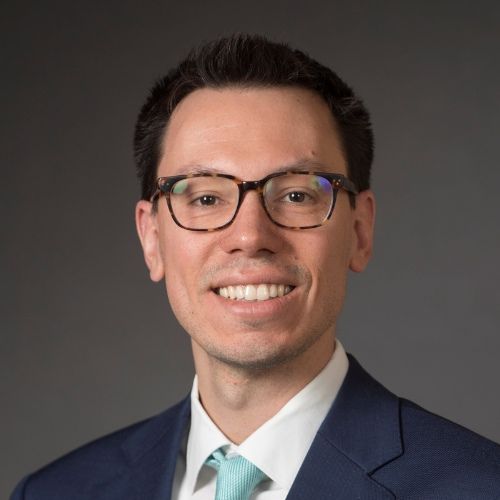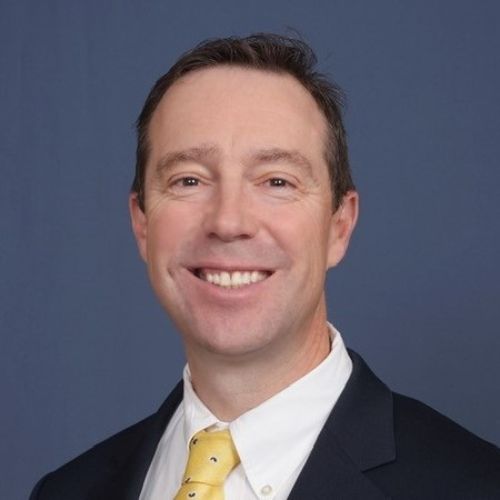- Acne
- Actinic Keratosis
- Aesthetics
- Alopecia
- Atopic Dermatitis
- Buy-and-Bill
- COVID-19
- Case-Based Roundtable
- Chronic Hand Eczema
- Chronic Spontaneous Urticaria
- Drug Watch
- Eczema
- General Dermatology
- Hidradenitis Suppurativa
- Melasma
- NP and PA
- Pediatric Dermatology
- Pigmentary Disorders
- Practice Management
- Precision Medicine and Biologics
- Prurigo Nodularis
- Psoriasis
- Psoriatic Arthritis
- Rare Disease
- Rosacea
- Skin Cancer
- Vitiligo
- Wound Care
Article
Looking Ahead to the 2023 ACMS Meeting
Author(s):
The ACMS president and scientific program chair share opportunities to discover innovations in Mohs surgery during this weekend’s meeting.
The 2023 American College of Mohs Surgery Meeting in Seattle, Washington will be in full swing May 4-7. The meeting features dozens of sessions throughout the weekend for attendees to discover the latest research, best practices, real-time reconstructive surgery videos, and more to enhance patient outcomes. Two minds behind the conference planning shared insight on what the meeting has to offer.
Thomas J. Knackstedt, MD, MPH, FACMS, and director of dermatologic surgery at Pinehurst Dermatology & Mohs Surgery Center in Pinehurst, NC serves as this year’s scientific program chair for the meeting. Howard Rogers, MD, PhD, FACMS, and owner of Advanced Dermatology in Norwich, Connecticut is leading the ACMS as its current president.
What can attendees look forward to at this year’s ACMS meeting in Seattle?
Thomas J. Knackstedt, MD, MPH, FACMS

Knackstedt: For many of us, myself included, the American College of Mohs Surgery’s meeting is an annual highlight of the year because it allows for connections, community, and collaborations – both virtually and in-person with this year’s hybrid meeting format. This year’s annual meeting will feature many exciting sessions on cutaneous oncology, pathology, and reconstruction. The scientific program committee has emphasized a diverse faculty roster representing all members of the ACMS. Speakers have been encouraged to utilize videos in their lectures and incorporate audience response formats into their sessions for the most engaging educational content. The scientific program committee is delighted to welcome renowned clinicians and researchers from the field of surgical oncology, radiation oncology and palliative care medicine to enrich lectures, panels and discussion.
The scientific program committee has made every effort to design a program that appeals to the broad ACMS membership. Diverse sessions will include everything from practice start-up tutorials for recent fellowship graduates to mentorship tips for mid-career physicians and reconstructive pearls from the most respected surgical masters in our field. We are looking forward to a great meeting.
Which challenges and opportunities in Mohs surgery will be discussed at the meeting?
Howard Rogers, MD, PhD, FACMS

Rogers: The ACMS has a long history of excellence in the treatment of skin cancers. Our annual meeting is a fantastic opportunity to review how the latest research has affected our understanding of clinical guidelines and treatment paradigms for skin cancer. Attendees will hear about the most recent developments in managing aggressive tumors, reconstruction of surgical defects, and employing groundbreaking technologies. Mohs surgeons, like other physicians, have faced many challenges over the last few years. There have been increasing administrative burdens, decreasing reimbursements, and practice hurdles that threaten the economic viability of our practices and increase physician burnout. In this regard, several sessions are dedicated to updating our members on the ever-changing regulatory and reimbursement landscape.
What will attendees learn from the meeting's keynote speaker, Anant Madabhushi, PhD, and professor at the Emory University School of Medicine?
Knackstedt: Dr. Madabushi’s invitation to serve as keynote speaker for the ACMS annual meeting could not have come at a more fitting time. Artificial intelligence, deep learning, and ChatGPT are omnipresent in the scientific and lay press. We are honored to have one of the thought leaders and research pioneers in artificial intelligence and medical machine learning give our 2023 keynote address. The keynote will emphasize the integration of artificial intelligence into personalized medicine, highlight the progress made with AI in medicine generally and dermatology specifically, and dispel myths around the topic of artificial intelligence.
What exciting research is on the horizon in Mohs surgery? Are there any areas of opportunity for additional research?
Knackstedt: The ACMS organization continues to house some of the most prolific cutaneous oncology researchers in our specialty. The College is proud to fund some of this research through the ACMS Foundation Research Grants. This year, research seems to emphasize the continued optimization of staging systems for cutaneous squamous cell carcinoma and the management of high-risk skin malignancies. Technology and new developments continue to play an important role in our specialty. As such, several studies explore the incorporation of deep learning (artificial intelligence) into cutaneous oncology, novel immunohistochemical staining applications to Mohs surgery, and the utilization of imaging and imaging devices into dermatology.
If you are attending ACMS, we would love to connect! Email DTEditor@mmhgroup.com or send a message to Dermatology Times® on Facebook, Twitter, or LinkedIn.
Newsletter
Like what you’re reading? Subscribe to Dermatology Times for weekly updates on therapies, innovations, and real-world practice tips.















